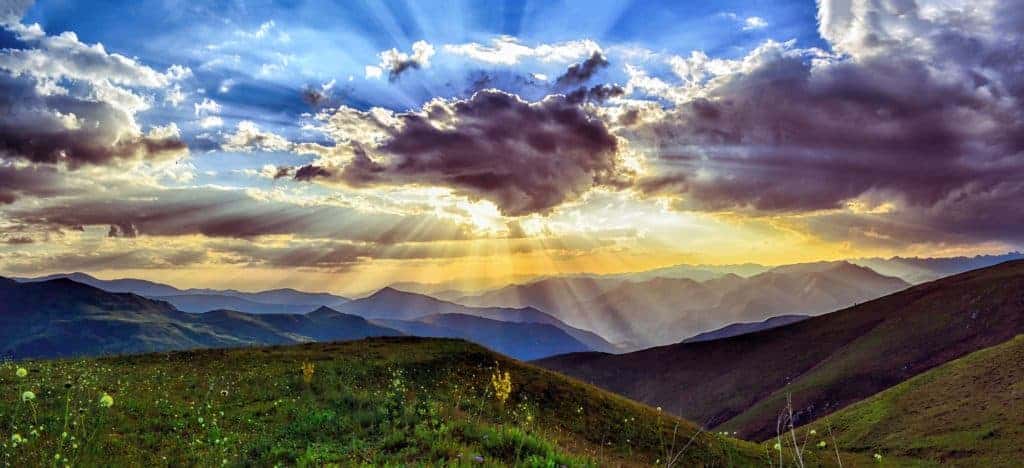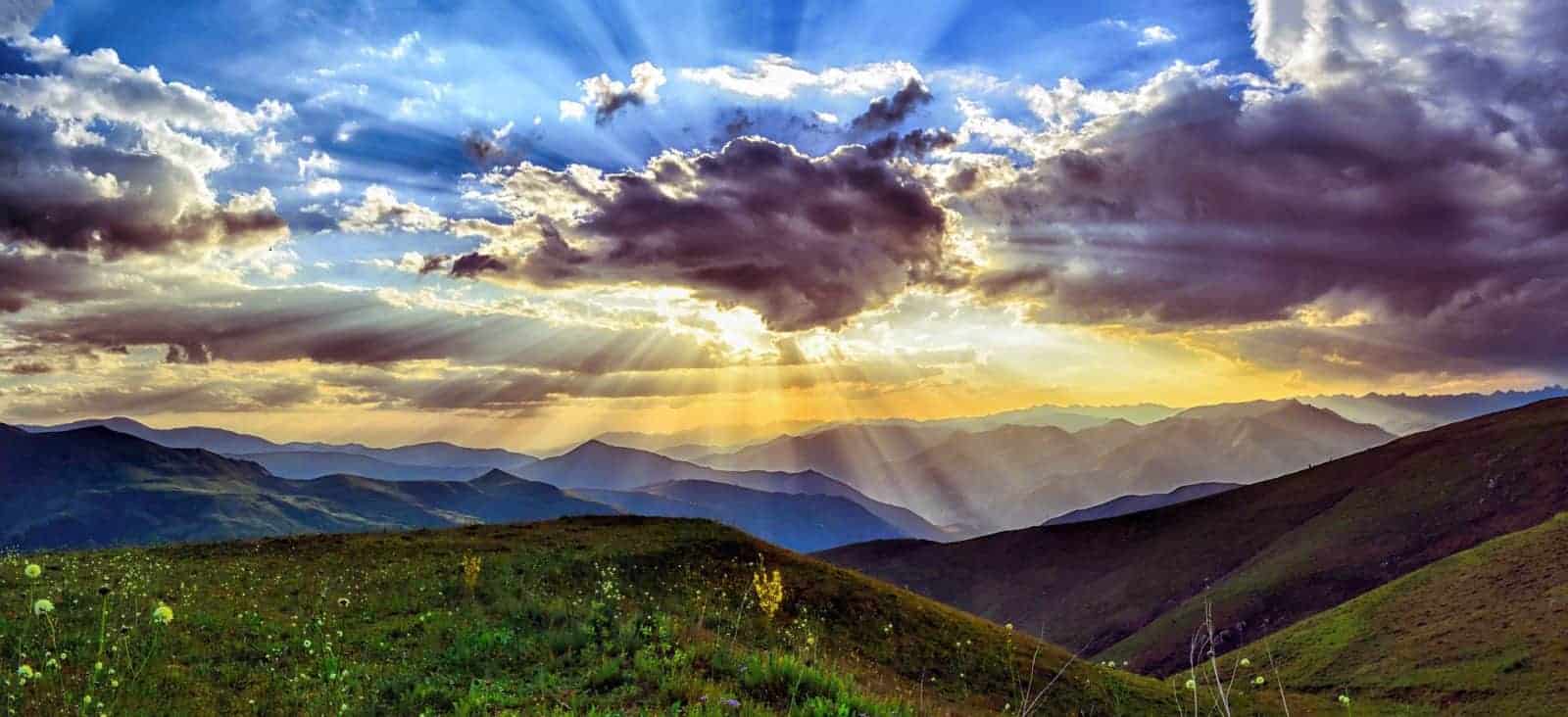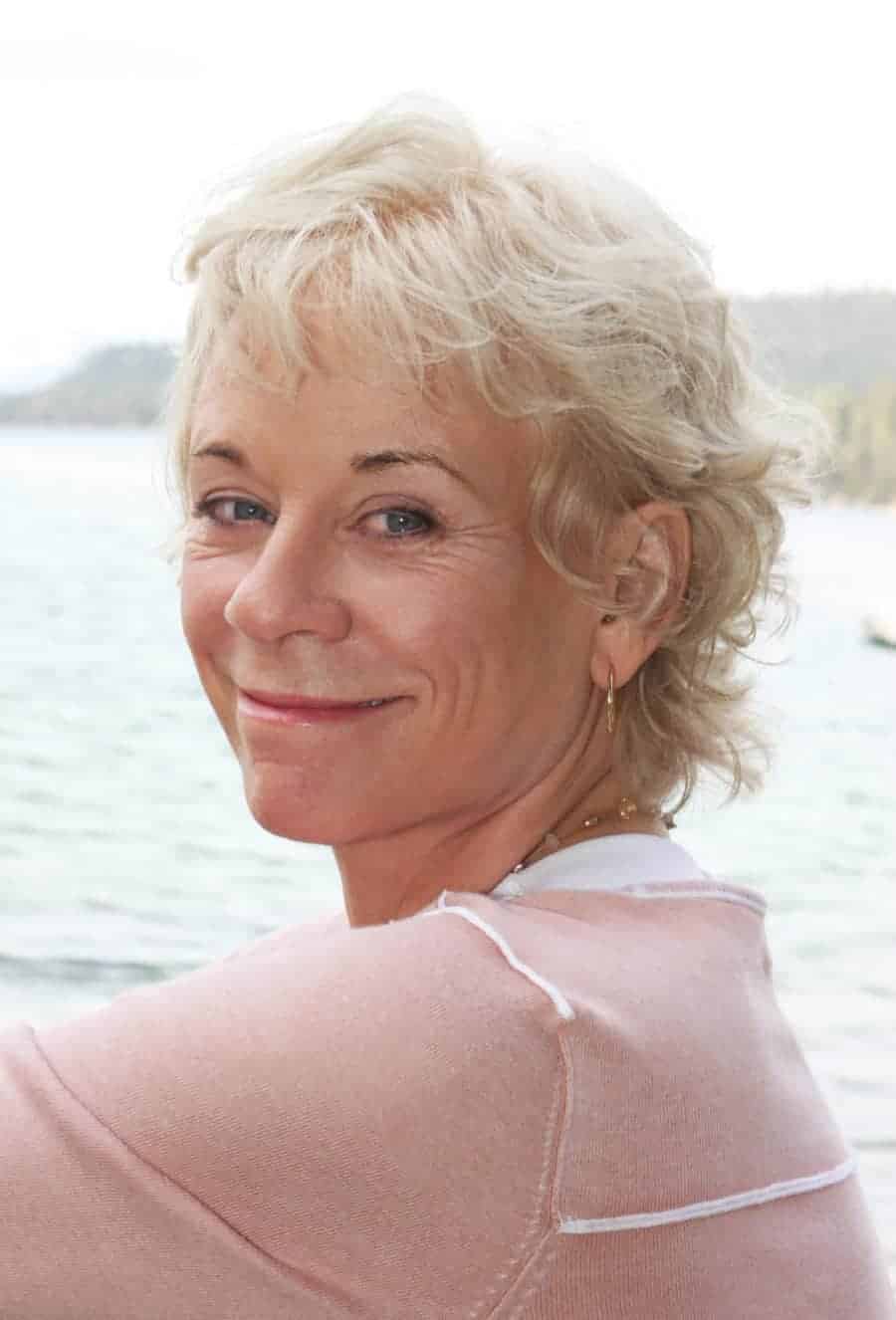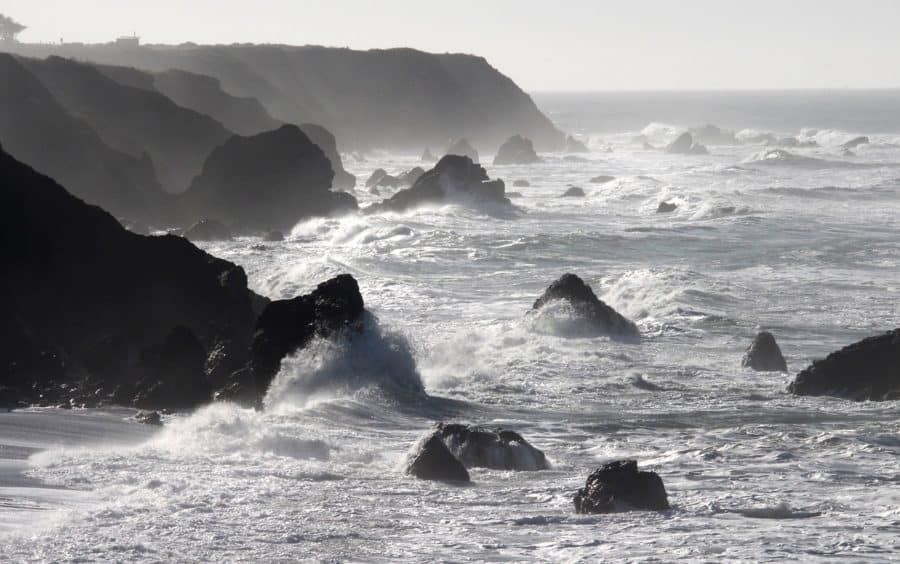Get Free Guides To Ascension & Global Consciousness

Gangaji is an American teacher and author. She practiced in many different traditions including Zen, Vipassana and Tibetan Buddhist meditation before meeting her teacher Sri H.W.L. Poonja, also known as Papaji, in India in 1990. In this meeting, Gangaji’s personal story of suffering ended and the promise of a true life began to flower and unfold.
Today, Gangaji travels the world speaking to seekers from all walks of life. In her meetings and retreats she invites people go to the core of their suffering, finding a deeper truth and freedom which is always already here. She is the author of The diamond in Your Pocket: Discovering Your True Radiance, Freedom and Resolve: Finding Your True Home in the Universe and Hidden Treasure: Uncovering the Truth in Your Life Story.

“My invitation is absolute support.”
Nina: In your conversations you are radiating out unconditional love and kindness. Where does this radiance come from?
Gangaji: It comes from the people who come to me. When we are having meetings, it’s in the context of awakening. We have a deep conversation focused completely on what the person’s issues are, what their desires are. My invitation is absolute support. I think this generates what is possible to be seen.
Nina: In contemplative circles there can be a perception that evolving spiritually means to never again experience ‘negative’ emotions.
Gangaji: Yes, we are trying to find freedom in our personality, in our different feelings or our persona. And that becomes some kind of idealism. It substitutes what freedom really is for some idea of freedom. And I spend a lot of time speaking about this because this means overlooking your inherent freedom. With the desire to deny your inherent human-ness with all its flaws, you also deny the truth of yourself, the freedom, the perfection and the wholeness. It’s a conditioning. We get it from our parents. It’s the way we survive.
“Spiritual practice is really about welcoming whatever is already here.”
Spiritual practice is really about welcoming whatever is already here. This is different from indulging or dramatizing. It’s opening up the space. Everything is essentially alright. Not like a spiritual all-is-perfect but alright in the sense of ‘you have the capacity to meet everything’. There is a vast capacity in that welcoming. But if you are fighting things or indulging in them, dramatizing them, that takes energy and we are limited in our capacity.
Nina: Many people these days seem to have profound spiritual experiences. You say that these experiences are not the same as lasting freedom. What is the role of spiritual experiences then? And how can we find freedom and fundamental wellbeing that really last?
Gangaji: Spiritual experiences are not normal experiences. For example, we have dreams every night but sometimes we have an extraordinary dream which penetrates the dream field and reveals something important. This is an experience which is out of the realm of the usual experiences. Spiritual experiences can yield enormous insights and revelations. But because it is an experience, it is limited by the laws of experiences. There is always a before and an after.
“You finally and absolutely without doubt recognize what doesn’t come and go.”
Those extraordinary experiences are like a moment the veil lifts from our perception or conditioning. We see clearly. And then the veil comes back down. But when you have had an experience like this and you are true to it – not in the way of searching for another one exactly like that but true to what you realized – then there is a deeper opening. You finally and absolutely without doubt recognize what doesn’t come and go.
That is the essence of what I bring as an invitation from my teacher Papaji. Experiences come and go, emotions come and go, the best and the worst comes and goes. So what is it that doesn’t come and go? And when that is really reflected on or at least the question is willing to be asked there is a discovery of a ‘sense’ of yourself, the substratum of all experiences, of all senses, all emotions and all thoughts – the ground of being, the ground of consciousness.
“Just stop and recognize that you have learned enough and that you can return to the source now.”
Nina: Is this what you mean when you say “just stop and recognize that you have learned enough and that you can return to the source now”? How can we stop?
Gangaji: When I met my teacher Papaji, I was searching for happiness in many different ways. I expected him to give me another tool, another teaching. Instead he told me to stop the search. I was surprised, it was the last thing I had suspected.
When we talk about stopping and how to stop, I realized some years after starting to teach that people were hearing the ‘just stop’ as if you would hear something in elementary school. Like ‘stop that noise’. But ‘just stop’ is not really a teaching, it is more of an invitation to discover freshly, surprisingly what is always here and in truth has always been here as we have looked for it elsewhere. It is the true discovery of what is already stopped.
“Fear is not the enemy.”
Nina: You talk about the void, the abyss which we face when we truly stop. Encountering this void often evokes a deep existential fear. How can we deal with this fear when our spiritual practice deepens?
Gangaji: Fear is not an enemy. It is just a natural response when we feel threatened. In the end we are human animals besides being endless consciousness. Often it is not fear itself but our narrative about the fear. When I first heard the phrase to ‘just stop’ from my teacher, when I really heard it, I was terrified. It brought up a very specific fear. In my case, it was the fear that I would regress to way back before my spiritual search, back to something I worked really hard to get away from. But here I was with this teacher and his invitation to discover who I am. Who one is regardless of emotion, of thought, of circumstance.
For decades, there had been an approach to that fear of annihilation and then backing off from it. But at this moment I was lucky to be in the presence of my teacher and I just opened to it. And it is opening to death. My stopping had to go with the story for what I thought fear would do. When I stopped telling that story it wasn’t actually fear, it was this search for life force.

“Without the story fear has no existence.”
Without the story fear has no existence. Story is there to keep us surviving, it is the functioning of the ego. Fear has a really beautiful function to keep this particular person alive. Or the species for whatever biological or cosmological reasons. But when there is a willingness to stop telling a story, then there is only what’s here before you were born, during your birth, your being present without your attention of staying alive – as beautiful as staying alive is and I recommend it to everyone.
But for a moment to just put your attention on what is here. Who am I? Then the narrative that we have told ourselves that has been part of our protection and our survival dissolves. Just for a moment stopping to tell that story. And in a true sense it is not you who is stopping but you are recognizing which has always stopped. The mind is recognizing that its source is vast and perfect and whole. And then there is this bliss and release.
“When I stopped telling that story, it wasn’t actually fear, it was this search for life force.”
Nina: Was it the trust for your teacher which allowed you to open, to let go into the void?
Gangaji: Yes. But no one can do this for you. I mean it was wonderful being with my teacher and I felt his grace and I was listening very closely to what he had to say but he was not there to save me. He was there to support me in realizing myself.
People often ask me if everyone needs a teacher. The only way I can answer this is that I did. I was praying for a teacher just about six months before I actually met my teacher. Before, I was pretty certain that I didn’t need a teacher. I was an independent person, I had seen the abuses of the guru student relationship. I didn’t want a teacher, I wanted to figure it out myself. And so I went to the limit of what I could do. And then I found my teacher.
“I am a spiritual midwife”
Nina: It is controversial to talk about spiritual progress. Yet, as a teacher it seems that you are helping people grow, you seem to facilitate their discovery progress.
Gangaji: Yes, I am a spiritual midwife. And what is born is really what has always been here. The labour is really unnecessary. It is to be respected but not to be believed.
Nina: Why is our perception of who we really are so clouded? Is it because of the Western obsession with critical thinking that we are so caught up in thought?
Gangaji: I think critical thinking is essential. We don’t think critically enough, we don’t think creatively enough. We have to be guided back. I actually don’t think it is a Western problem. It is the nature of the species. We are very intelligent, powerful animals. And so we have instinctive animal drives and because we are human animals we have human thoughts that narrate those drives.
“We don’t think critically enough, we don’t think creatively enough.”
Success is important for our species’ programming, for our survival. As a species we had to be aggressive and conquer. And we have done that. But now we have overdone it in a planetary and also in an interpersonal sense. It is still the basis of our relationship with ourselves and with others. But it is outdated. Even if we don’t use the word spiritual but neurological evolution, it is time to let something fire that is creative and truly critically thinking.
We can ask a question where the mind is absolutely engaged as in ‘Who am I?’. This sends the attention into unknown territory, into something that is deeper than a name or a heritage or a teaching or a learning. It’s back to what started it all. It is still here. It is this unique and yet universal being-ness. So when the mind is send there, the mind becomes much sharper, much more critical, much more eloquent.
It is freed up from its usual attention on ‘me’, ‘what about me?’, ‘am I surviving?’, ‘did I lose?’, etc. All of that stops or at least dims. And then there is a life force that can say ‘Yes, I am here! ‘I am alive! I am!’ And just be in wonder of it all and enjoy it.

“There is a life force that can say ‘Yes, I am here! ‘I am alive! I am!’ And just be in wonder of it all and enjoy it.”
Nina: Can you tell us more about your own journey? What were crucial steps or insights in your spiritual unfolding?
Gangaji: First, to tell the truth, psychedelic drugs. I didn’t do psychedelic drugs often, maybe two or three times. But there was such a surrender that was necessary in that. It was such a clear teaching: if there was a lack of surrender there was misery and if there was surrender there was bliss.
And then nature, being in nature. I was living in California and remember once going for a walk all by myself on a hillside near the ocean. I was just overwhelmed with the beauty and the life and the presence of the coastline, the trees and the insects. It got me out of my own skin. There is life all around. Of course, I knew that theoretically but to realize that was huge.
Also meditation. Naturally, I have just a very hyperactive, sensitive nervous system. Sitting down daily was excruciating at first. But meditation is an incredibly helpful practice, for the body, for the nervous system, for the mind. And that allowed me to go on a much deeper spiritual search.
“Meditation is an incredibly helpful practice, for the body, for the nervous system, for the mind. And that allowed me to go on a much deeper spiritual search.”
I also had wonderful experiences in my Buddhist search. It was just profound. There was so much power and shakti present. I had powerful experiences with Zen. That’s why Papaji used to call me ‘Zen Daughter’.
But I realized that I was craving something simpler, cleaner. I didn’t consciously remember that when I got to Papaji but I knew that I didn’t need a big show of anything. I just wanted the truth. And I recognized – and I would say that this was the most important step along my way – I recognized that I couldn’t figure it out by myself, that this was something bigger. I was never too much into psychotherapy, I wanted something that was deeper than concepts of the ego and the super-ego. So I was desiring. I desired freedom. And that desire brought me to Papaji.

“I realized that I was craving something simpler, cleaner.”
Nina: You were searching for 20 years before you found Papaji. Do you feel that those years were a phase of preparation for your big shift?
Gangaji: What Papaji would often say is that it was all a bad investment. And that I stopped putting my energy in this bad investment. So I stopped. I stopped searching.
I would say the initial spark of the search is essential because we recognize that we are something more than we are, that we can grasp. That’s a fire that lights up in your heart or your brain. But maybe not even that is essential. There are people who are not even searching or haven’t led a spiritual life or haven’t had a spiritual experiences and they hear the truth and they hear it in a certain way that it resonates and they wake up. So I think we can only speak from our own experience. And I think I did a lot that wasn’t necessary. And maybe it was all necessary for my willingness to be disillusioned by all of it.
“I stopped searching.”
Trying to get something or thinking that there is a state, a practice, a feeling or an understanding was always going away from what was always simply here.
Nina: It has been such a pleasure talking to you, Gangaji. Is there anything else that you would like people to know?
Gangaji: I would like everyone to know that if there is some desire to be free, some desire to know peace, that this spark of desire is the longing for the truth of yourself. And you can trust that. It’s absolutely trustworthy. I don’t know what it would mean for any person in particular, it could mean a completely different journey from what I had but it is trustable. It is the truth of yourself calling you home. So when I say ‘trust yourself’, this is what I am referring to. That spark of life where you know that you are more than your name, more than any experience you had, that you are more than your suffering. It’s reliable and trustworthy. Let it live your life.
To learn more about Gangaji, visit her website. www.gangaji.org.